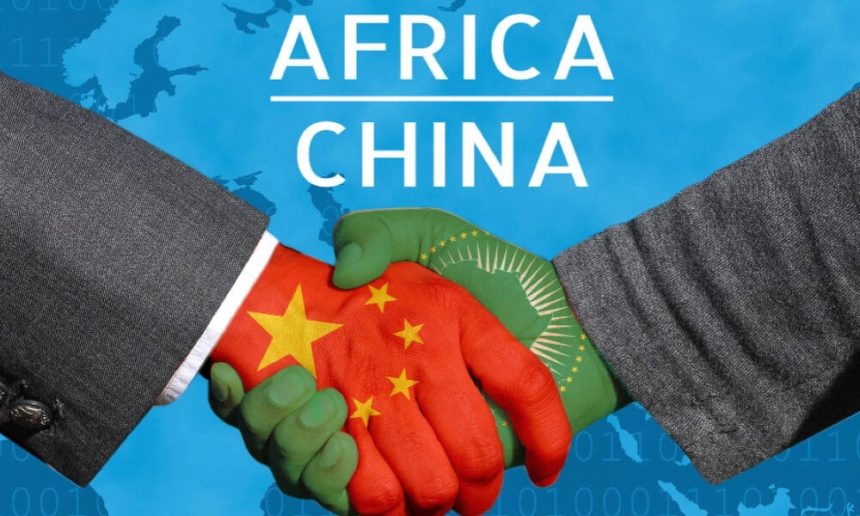China’s zero-tariff pledge to Africa sparks strategic shift in global trade alliances

China has announced full tariff exemptions for all African exports — excluding Eswatini — as part of its growing engagement with the continent.
Analysts say the measure signals more than an economic gesture, marking a recalibration of global influence in Africa, and further challenging Western dominance.
Oxford Economics, a leading UK-based consultancy, described the zero-tariff policy unveiled during the latest Forum on China-Africa Cooperation (FOCAC) as “a strategic move to redefine its alliances with Africa, reduce the United States’ leverage, and implant China more deeply into the continent’s political and economic future.”
Beijing’s decision affects all 53 African countries with diplomatic ties to China, excluding Eswatini due to its recognition of Taiwan.
The new policy eliminates duties on all taxable goods from these countries, effectively opening China’s vast market to African exports with unprecedented ease.
“The deeper implication is a gradual decline in US influence in Africa,” analysts noted, “with Chinese leaders becoming more inclined to support the Chinese perspective on the world stage.”
The policy is expected to further integrate African economies into Chinese supply chains, lessening the impact of Western sanctions or trade restrictions.
China also pledged enhanced cooperation with Africa in key sectors including green energy, artificial intelligence, e-commerce, and governance.
According to Chinese customs data, bilateral trade with Africa topped 2.1 trillion yuan (approximately €255.7 billion) in 2024.
In the first five months of 2025 alone, trade increased 12.4% year-on-year.
Countries like Angola and the Democratic Republic of Congo remain China’s largest African trading partners.
In 2023, Angola sent nearly half of its total exports to China, while Mozambique accounted for almost 20%.
However, this deeper trade engagement revives longstanding debates about Africa’s debt exposure to China.
Angola alone holds $18.4 billion in debt to Beijing — 37% of its total public debt — despite having repaid $4 billion between 2019 and 2023.
Much of this debt, critics argue, funded projects of questionable value or was siphoned off through corruption.
With multiple African nations grappling with similar debt burdens, calls are growing for a unified approach.
Experts are urging the African Union to establish a Joint Chinese Debt Negotiation Committee to coordinate debt restructuring efforts across the continent.
Proponents argue that individual states lack the leverage to negotiate effectively with one of the world’s largest economies.
“Creditors are uniting. Africa must do the same,” analysts warned, emphasizing the need for a continental body to manage Chinese debt talks from a position of strength rather than fragmentation.
As China deepens its ties with Africa, the continent faces a pivotal choice: to engage bilaterally — and risk isolation — or to present a united front, negotiating not as individual nations but as a cohesive bloc.
The future of African sovereignty in the global economic order may depend on it.
About The Author
dailymailafric
I am an avid African news observer, and an active member of Daily Mail Africa.
I’m Passionate about staying informed on diverse topics across the continent,
I actively contribute to publishing on political, economic and cultural developments in Africa.



